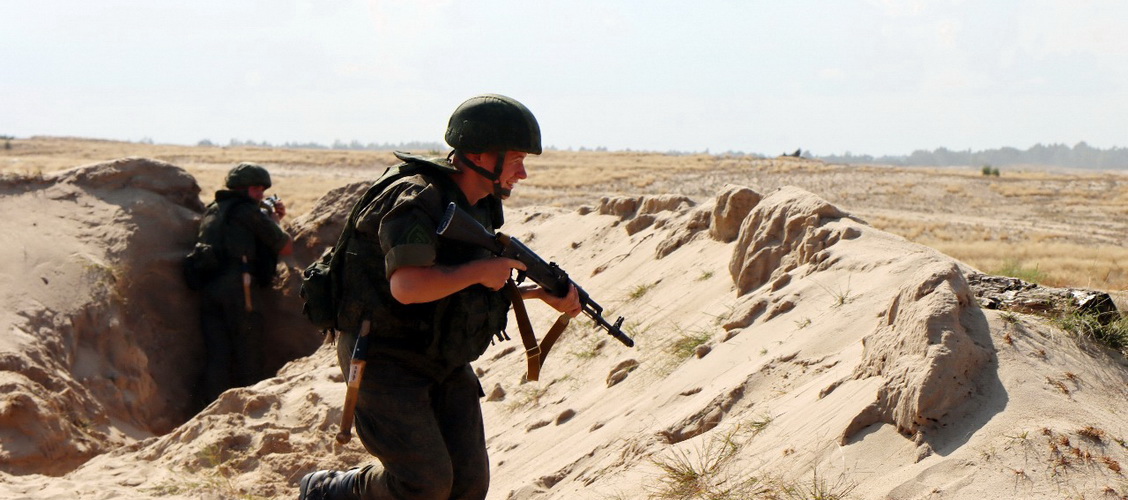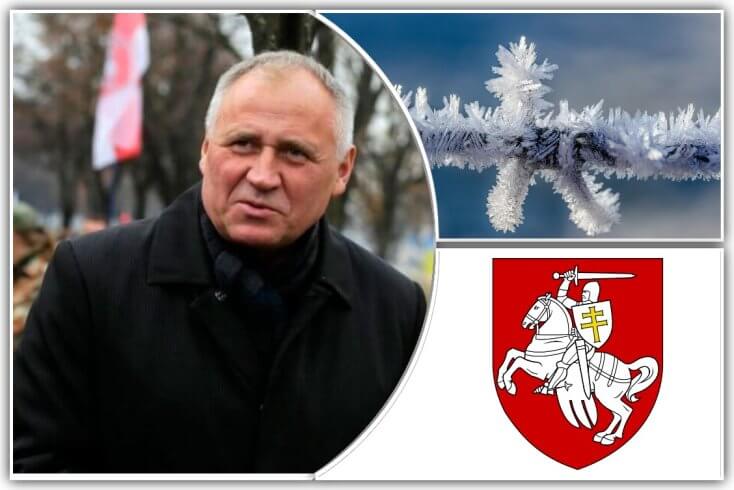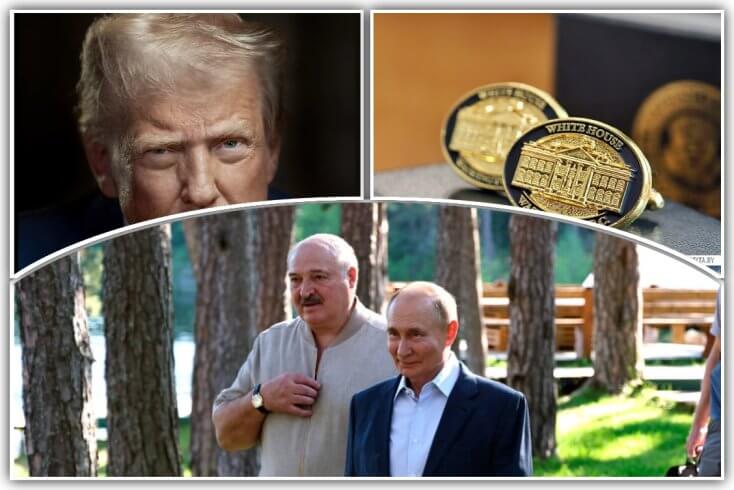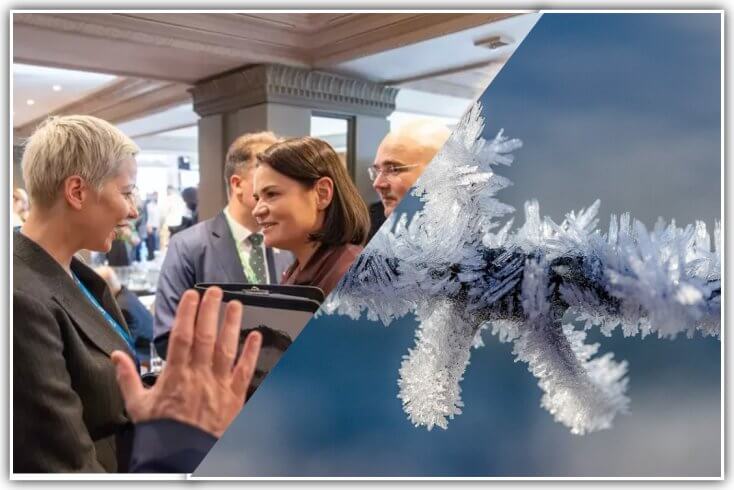At the Collective Security Treaty Organization (CSTO) summit in Minsk on November 23, Alaksandar Łukašenka struggled to prove that the alliance is booming. But the summit was a failure. Armenia ignored it as it seeks closer ties with the European Union and the West.

The Belarusian ruler made no secret of his frustration with Yerevan, “There have always been and will always be problematic issues. If we want to solve them, they should be solved at the negotiating table without unreasonable demarches.”
Armenia skips security summit
Yerevan has serious grudges against the CSTO after it failed to support Armenia in its conflict with Azerbaijan over Nagorno-Karabakh.
Armenian politicians cautiously point out that their country’s withdrawal from the CSTO is not yet on the table, but a shift in Yerevan’s policy is obvious. As Armenian Prime Minister Nikol Pashinyan diplomatically put it, Armenia is diversifying its security policy. In particular, Yerevan has reached out to the European Union and Western countries to sell Armenia weapons.
Armenia’s possible withdrawal from the CSTO, established by Moscow to regain predominant influence in the post-Soviet territory and counter NATO, is a sign of the bloc’s erosion.
As the host, Łukašenka tried to persuade Pashinyan to attend, but to no avail. “Some of our partners get carried away in their public statements and actions of provocative nature,” the Belarusian ruler said after a phone conversation with the Armenian leader. “If someone bears grudges, they should be made looking each other in the eye, not by leaking information to the media.”
Armenia’s absence stalemated the CSTO because decisions require consensus. The CSTO secretary general will take the documents adopted in Minsk to Yerevan for approval, Belarusian Foreign Minister Siarhiej Alejnik said. All the decisions “will be passed on to our Armenian partners. And we are expecting them to sign up.”
In short, Minsk has messed up its CSTO presidency. The alliance is in crisis, despite the official bravado.
Łukašenka blames West
The Belarusian strongman seized the opportunity to ramp up his anti-Western rhetoric. “The West is increasingly trying to subjugate the whole world, using all known dirty tactics.” He turned his fire on Kyiv, repeating Moscow’s claim that “weapons supplied to Kyiv go to black markets,” including the Middle East.
The Belarusian ruler noted that “Poland’s military budget is growing like weed and is expected to reach 4 percent of GDP next year.” “How does this align with NATO’s constant declarations about the defensive nature of the alliance?” he asked.
Poland is getting richer, leaving Belarus far behind, so it can afford to spend more on defense.
Warsaw has never threatened to attack Belarus, while a Belarusian general has recently suggested that Belarus “has every reason to cut a vital corridor by force of arms,” in an apparent reference to the Suwalki gap in Poland and Lithuania.
Moreover, Łukašenka sheltered Russian Wagner Group militants in summer and tried to scare Poland that the mercenaries were eager to go on a “tour” of Warsaw or Rzeszow.
During the summit, Łukašenka described the deployment of Russian tactical nuclear weapons in Belarus as a guarantee of security in the region. The move alarmed Poland, Lithuania, Ukraine and other countries, so should anyone really be surprised that NATO is taking extra steps to strengthen its eastern flank?
Defending the presence of nuclear weapons, Łukašenka angrily recalled that during a 2016 exercise US generals worked through a scenario of a nuclear strike on Belarus. Now nuclear weapons in Belarus are definitely in the NATO crosshairs.
Minsk firmly tied to Moscow, but others are looking elsewhere
Łukašenka’s anti-Western tirades pleased Putin, but clearly failed to impress other CSTO leaders. At the previous summits in Moscow and Yerevan, Łukašenka urged partners to support the Kremlin’s war against Ukraine and come forward as a “united front.” “If, God forbid, Russia collapses, our place will be under the rubble,” he warned. But no one volunteered to step into the fray with the rest of the world for Russia’s imperial interests.
At the summit in Minsk, the Belarusian ruler called for unity, trying to convince the participants that “modern challenges and threats . . . have knotted our national interests.” In fact, the interests of CSTO partners diverge in many areas.
Armenia is frustrated with the lack of support from Moscow. Central Asian countries are cautiously trying to distance themselves from the empire engaged in confrontation with almost the entire world.
These countries diversify their foreign policies by strengthening ties with China, a more promising partner than Russia.
Meanwhile, Kazakhstan is building constructive ties with the West. No one wants to get into the trench with Łukašenka and Putin.



